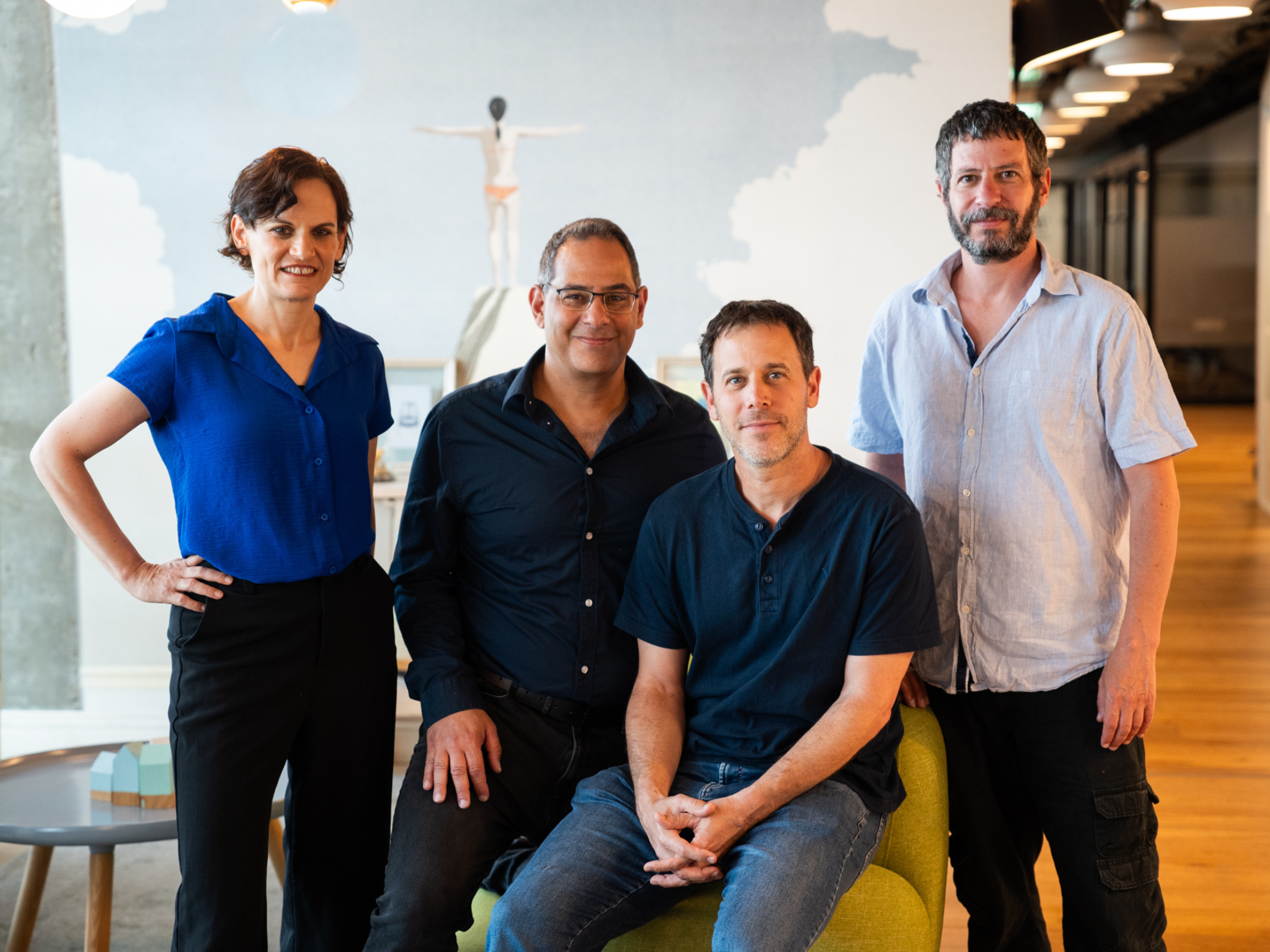
As Americans embrace Ozempic and food-as-medicine innovations, a new startup has created a bioactive peptide to activate the body’s GLP-1 hormone.
Can a bioactive peptide revolutionise a food industry already shaken up by the Ozempic boom?
Lembas, a startup born out of Tel Aviv, is betting on that with GLP-1 Edge, a CPG-ready ingredient that triggers the GLP-1 hormone in the body and naturally regulates appetite.
The firm has just emerged from stealth with an oversubscribed $3.6M pre-seed funding round led by Flora Ventures, which also incubated Lembas. Fellow VC funds Bluestein Ventures, Fresh Fund, Longevity Venture Partners, Maia Ventures, Siddhi Capital, Mandi Ventures and SDH also participated in the fundraise.
“We’re creating a new category of science-backed nutrition, empowering consumers for the first time to effectively and conveniently manage their weight through companion food and supplements without pricy prescriptions, injections, and unpleasant side effects,” explained Lembas co-founder and CEO Shay Hilel.
Why Lembas is taking on Ozempic

Drugs like Ozempic, Wegovy and Mounjaro are taking over the US, where nearly three-quarters of those aged 20 and above are overweight and obese, and one in five children and adolescents are obese. These drugs work by replicating GLP-1, an incretin hormone naturally released in the gut, which reduces appetite and prolongs the feeling of being full, and helps regulate blood sugar levels and manage weight.
One in eight Americans has already used these medications, and forecasts suggest this could rise to up to 70 million people by 2028 – and by that year, they’ll likely have boosted the national GDP by 1%.
However, GLP-1 agonist drugs come with a host of side effects, which include gastrointestinal issues such as nausea and vomiting, mental health problems like anxiety and irritability, and a phenomenon dubbed ‘Ozempic tongue’ (when people’s taste receptors react differently to foods than they did before GLP-1 use).
They’re also costly. A month’s supply of Ozempic will run you around $1,000 in the US. Several startups and researchers are working to find side-effect-free, cheaper alternatives to Ozmpic. Lembas’s solution lies with peptides. These are short chains of amino acids that can be degraded by stomach enzymes.
Fuelled by a patent-pending technology, the one-year-old startup’s proprietary computational AI discovery platform rapidly screens, analyses, and designs food-grade bioactive peptides that work with natural metabolic mechanisms.
Its scientists have discovered and developed bioactives that demonstrated positive cell and animal model results, successfully stimulating the secretion of GLP-1 into the blood.
The resulting peptide can be incorporated into a variety of food applications, from bars and snacks to shakes, beverages, and supplements, potentially giving the food industry a new tool to complement and compete with Ozempic.
AI platform can unlock broad food-as-medicine tools

Lembas will use the capital to accelerate the scale-up and commercialisation efforts for GLP-1 Edge, expand its AI discovery platform, and foster commercial agreements with ingredient, food and supplement companies.
While the company’s initial focus is on natural GLP-1 weight management and metabolic health, its computational platform can accelerate the discovery of new functional ingredients with a broad pipeline of health and wellness benefits.
“I believe the discovery of GLP-1 is the biggest disrupter the food industry has faced in decades,” said Gil Horsky, founding chairman of Lembas, and managing partner of Flora Ventures.
“Lembas is the first science-backed company enabling food players to seize this disruptive opportunity by setting a new bar for food-as-medicine. We’re combining deep tech with cutting-edge science to unlock a scalable, credible path to make functional food actually functional.”
And indeed, food-as-medicine initiatives are popular among Americans. Over four in five Americans believe the US healthcare system should offer more food and nutrition programmes to treat and manage illnesses, and nine in 10 patients would prefer to rely more on healthy eating than on medications to manage their condition, according to a poll released this month by the Rockefeller Foundation.
Aside from Lembas, Shiru also offers an AI-led protein discovery platform for food businesses. Chilen food tech unicorn NotCo, meanwhile, has similarly used AI to develop a GLP-1 Booster that uses natural ingredients to stimulate GLP-1 production in the body and block the enzymes that break the hormone down.
California’s One Bio recently raised $27M for its tech that extracts invisible and tasteless fibres from plants for use in GLP-1-friendly foods (among other products). And brands like Supergut are using probiotic fibre and resistant starches to create GLP-1 boosters too.
Elsewhere, scientists at Spain’s Catholic University of Murcia have discovered two plant extracts that can potentially be used to make GLP-1 agonist pills.
The post Israeli Startup Unveils AI-Powered ‘Natural’ GLP-1 Peptide to Rival Ozempic appeared first on Green Queen.
This post was originally published on Green Queen.